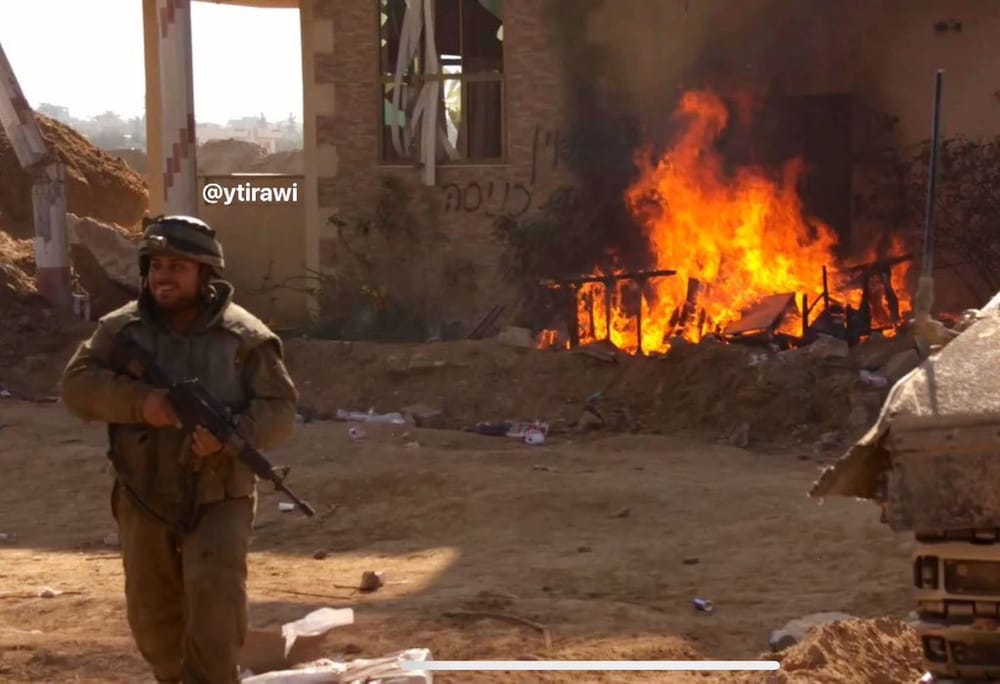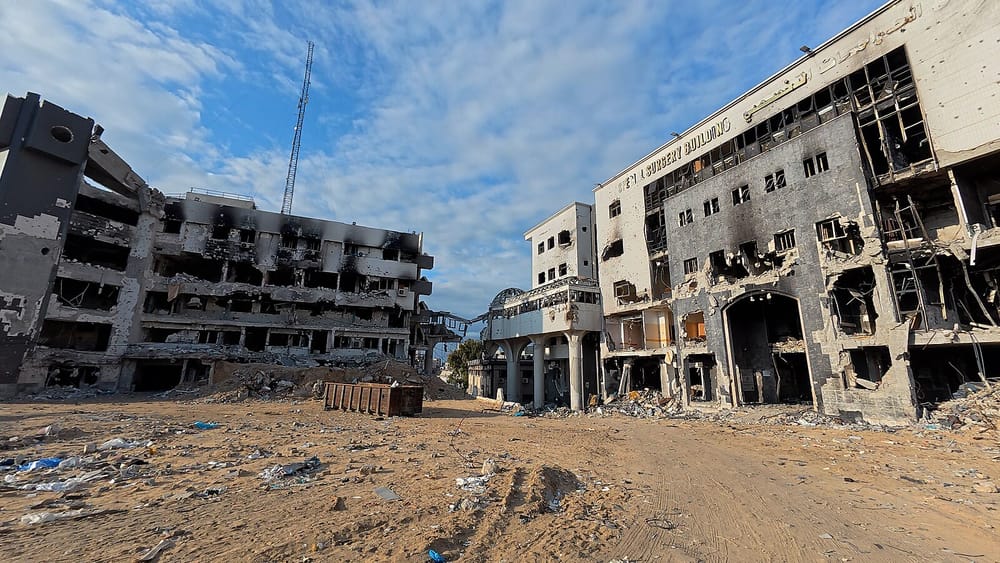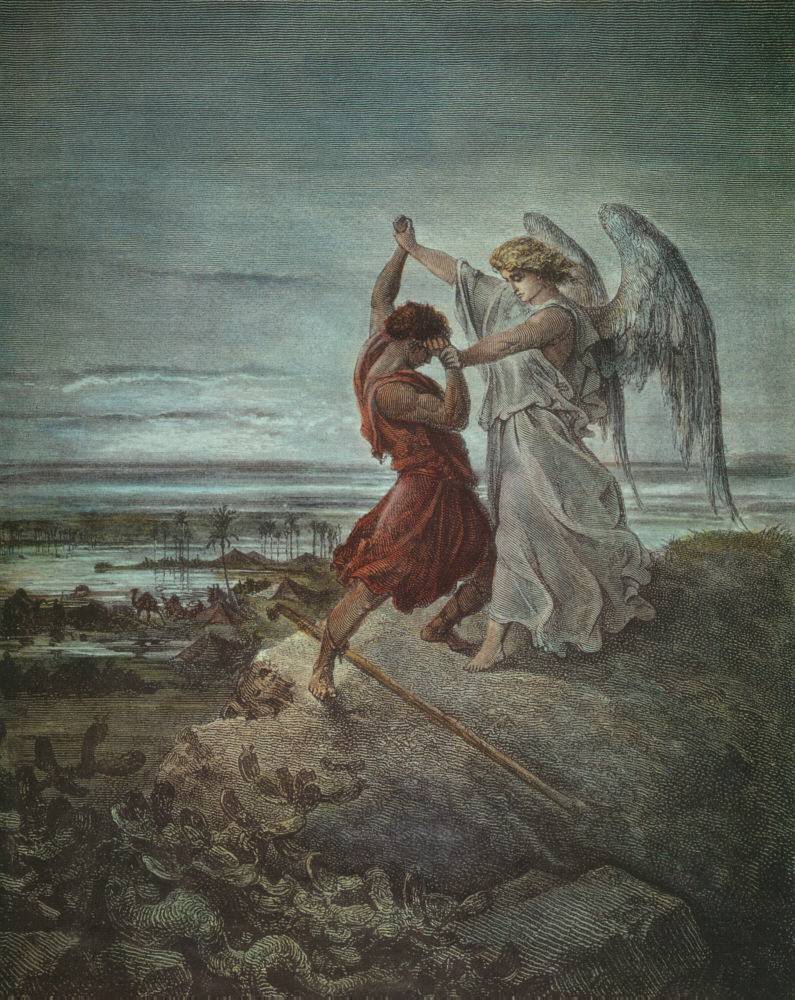Remember the future?
The secular new year reminds us of the need to create something to look forward to.
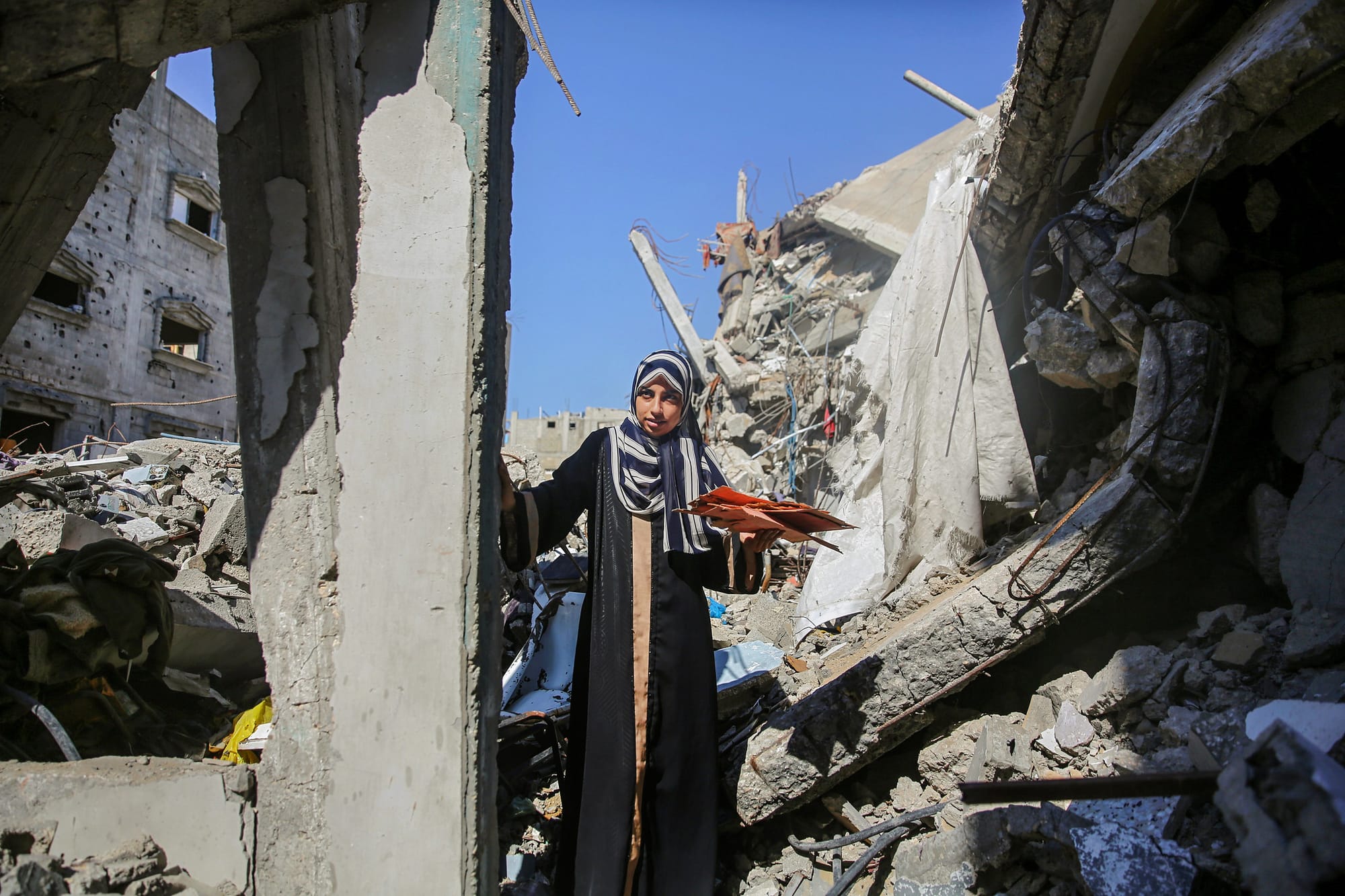
Shortly after Christmas I spoke to a friend back in England whose grandfather had recently become unwell. Usually, she hosts her extended family for dinner on Christmas Day. This Christmas Eve, however, her grandmother called and said she didn’t think it was practical to move her husband away from the convenience and comfort of his own house. The grandparents and grandchildren, she said, would simply have to spend the day separately this year.
My friend is an uncommonly generous person, and wasn’t satisfied. She considered the options, and on the morning of the twenty-fifth packed her husband, her three-year-old daughter, her mother (who is recovering from health difficulties of her own) and her dog into the car along with all the food, told her sister to do the same, and drove several hours to bring the celebration to the elders instead. She said the day turned out to be a particularly happy one, all the family pleased with the knowledge that they had made the extra effort to accommodate changing circumstances.
We discussed this story on the phone for a while. This friend pointed out that festivals of any kind are really all about change. In gathering for the same small acts once a year we notice more acutely different faces around the table, absences, new settings, the shifting of responsibilities from one set of hands to another. Ritual doesn’t negate upheaval; it reminds us that it is survivable and inevitable. Only by returning do we see how far we’ve travelled.
Change of the kind I mean – the natural process by which people age and grow, die and are born, move and entrench, come together and break apart – entails, probably, an even spread of gratitude and grief over a year, several years, a lifetime. Festival seasons, then, also remind us that change of this varied kind isn’t available to everyone. Too many people in our world are stuck, the natural movement of their lives put on hold by distant and uncaring forces.
Reports from Gaza identify the 141-square-mile strip as the epicentre of this feeling. Unicef has described Gaza’s children, for example, as being “trapped in a cycle of pain”. Under Israel’s genocidal violence, the sensory experiences of a stretch of days coalesce. Gazans complain of the “incessant” sound of drone flights overhead each night, by the same trudge in the mornings from one site of bombardment and hunger to the next. Damage done to Gaza’s universities delays the future of its young people indefinitely. Even years collapse: families whose elders were displaced during the 1948 Nakba are once again forced to pack up their belongings and leave behind what stability they built. Time no longer naturally implies change; large numbers of people feel their only escape from the present is death.
The worst cases suggest time here has gone into reverse. Gaza today is a place in which limbs are amputated without anaesthetic and babies freeze in the cold. The absence of adequate care means women face increasing odds of miscarrying or dying in childbirth. Polio, which was once “virtually non-existent” in the region, is again threatening children with paralysis. Those administering and funding the bombardment appear to be operating in a state that predates rules of war intended to protect civilians; their targets risk being returned to the Stone Age.
The war that Israel continues to wage – one of bloody retribution and colonial domination – itself belongs to an earlier time in history, when racial hierarchy was the language of global organisation and death could only be answered with death. Those forces never went away, certainly, but the support offered them now by politicians who once styled themselves protectors of human rights and the rules-based international order demonstrates the temporal vacuum into which we seem to have fallen. The antisemitism so often described as primordial and ever-lurking appears in these circumstances to be one of many anachronisms we have failed, as a society, to successfully contain in the past – “never again” rendered a raw plea rather than a historical affirmation.
There is a kind of unreality to marking the secular new year in these circumstances. Gaza is one of the ways in which 2025 seems only to offer a worse version of what recent trips around the sun have already given us: Trumpist fanaticism and its imitators in the US and beyond, toothless centrism trying and failing to stave it off at home. Few solutions have been posited to our problems. What change there is in our collective and political existence represents not forward progress we have been taught to associate with the passage of time but a sinking back into history.
It is a much simpler example, but the way my friend approached her family at Christmas gives me hope. How quickly her refusal to let her grandparents be isolated turned that year into something different and better than she had expected. How immediately the decision to act on something can change it; how it is decisions made every day, smaller and bigger acts of love and attentiveness, that make celebration possible, obvious, nothing especially spectacular, just part of life.
These almost unremarkable decisions are the ones that create a future out of nothing, that insist on the possibility of a world where life is easier to live for those around us and beyond us. As long as our capacity to insist remains, resilience and resistance remain. The future does, too.
Francesca Newton is an editor at Vashti.
Author
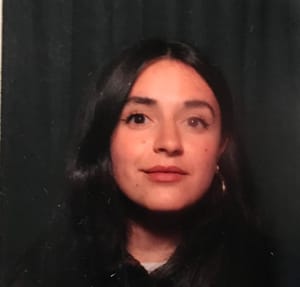
Francesca Newton is assistant editor at Tribune and an editor at Vashti. She currently lives in Melbourne.
Sign up for The Pickle and New, From Vashti.
Stay up to date with Vashti.
